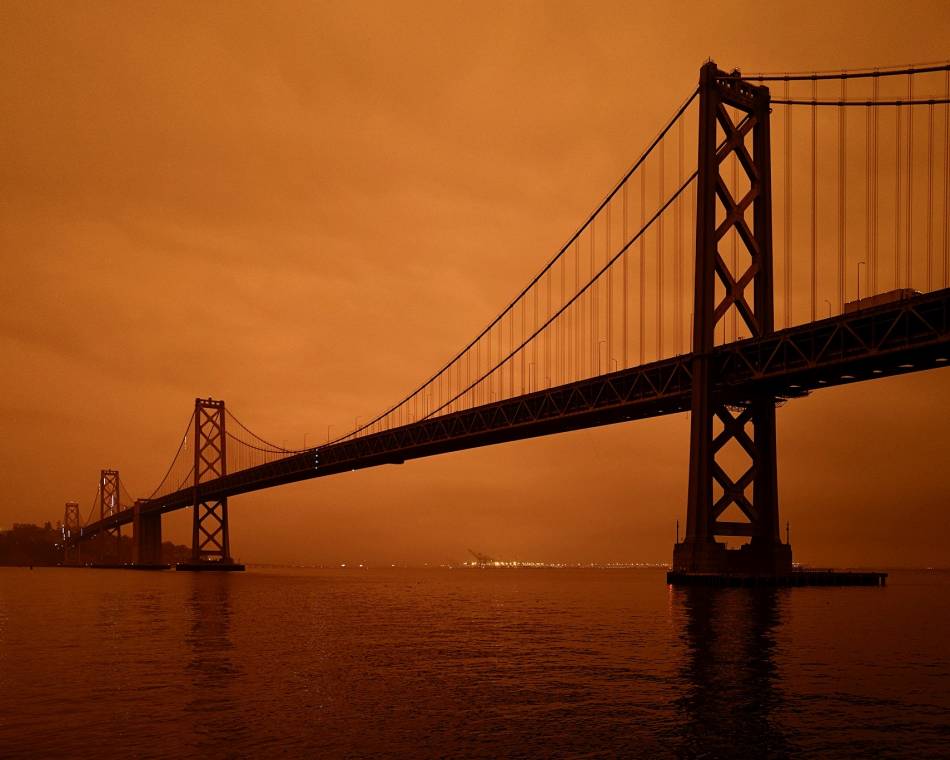GENEVA (AN) — Some extreme climate impacts are probably unavoidable due to baked-in effects from fossil fuel burning though humanity still has a brief window to avoid some of the most dire scenarios through swift greenhouse gas reductions, the U.N.'s panel of top climate experts warned in a major new report on Monday.
The Intergovernmental Panel on Climate Change offered five likely scenarios for what would happen when the world exceeds the 2015 Paris Agreement’s goal of preventing average global temperatures from rising more than 2 degrees Celsius above pre-industrial levels, or 1.5 degrees if possible. The world has already warmed by almost 1.1 degrees, since the effects from rising emissions of carbon and other gases take decades to alter.







